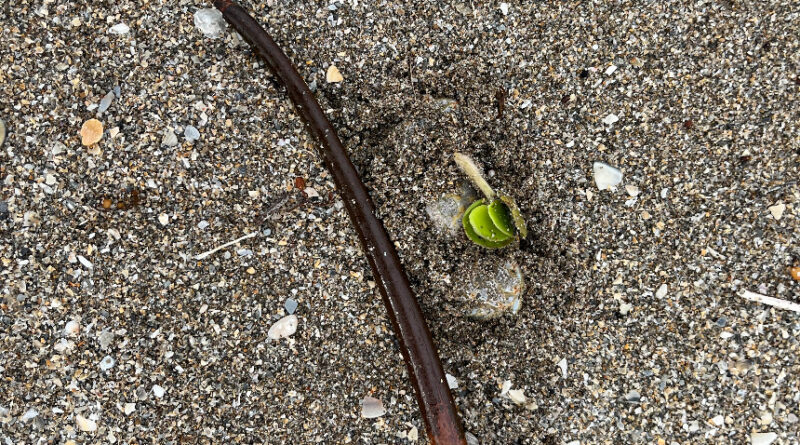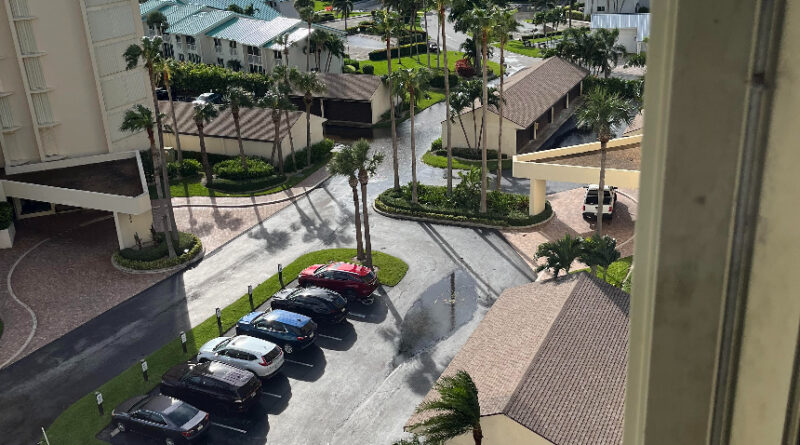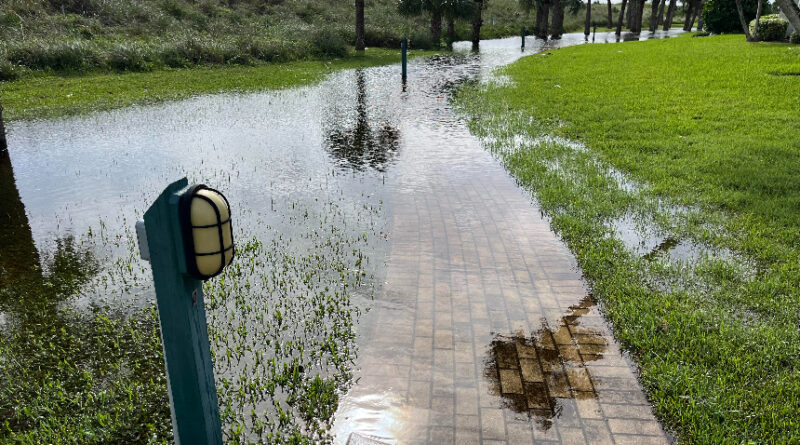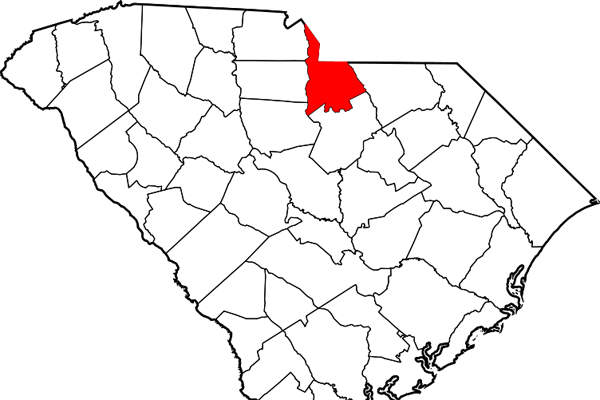Sign up for daily news updates from CleanTechnica on email. Or follow us on Google News!
Vice President Kamala Harris calls climate change an “existential threat” that the United States must combat. Former President Donald Trump dismisses climate change as a “hoax.” Well, I just came out the other side from hunkering down in a hurricane with friends who had been evacuated, and I can say that the climate crisis is very real, in-my-backyard, and personal.
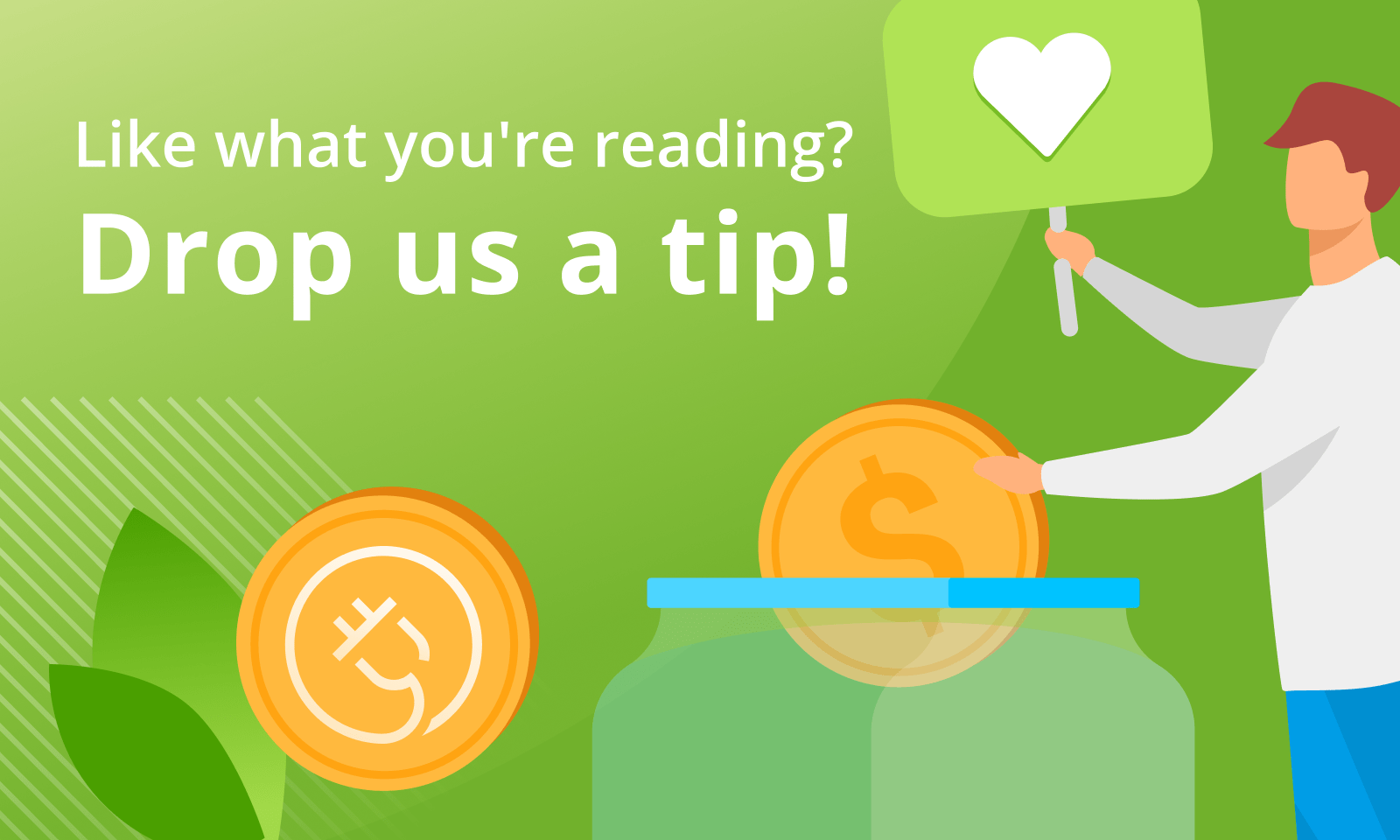 Chip in a few dollars a month to help support independent cleantech coverage that helps to accelerate the cleantech revolution!
Chip in a few dollars a month to help support independent cleantech coverage that helps to accelerate the cleantech revolution!
It’s early October in Florida. Snowbirds have begun to arrive at their southern homes, as is the seasonal pattern once the northern nights become crisp and most of the colorful bursts of foliage have fallen from the deciduous trees. It’s a time to close up and winterize and head to the Sunshine State.
I had been traveling for three months through New England and had chronicled what it was like to road trip in a Chevy Bolt as public charging became pervasive. As a grand finale, hubby and I ended our summer jaunt by cruising on the eastern Mediterranean — Greek Isles, Croatia, and Türkiye. The travel home was onerous, one of those you-can’t-get-there-from-here flights from Bologna to Paris to Atlanta to West Palm Beach. It was a 24-hour travel day, taking transit and layovers into account (on the longest flight, I watched the entire season one of HBO’s House of the Dragon, the prequel to Game of Thrones).
I was waiting for my final flight in Atlanta to board when I received a text from my Florida neighbor. Another storm was forming, he said, named Hurricane Milton, and it was forecast to be comparable to the previous week’s Hurricane Helene. Trajectories of Florida hurricanes over the last three years had focused on the Gulf Coast, and we on the Atlantic side had only experienced residual street flooding and palm branch breakage.
I took note of my friend’s hurricane warning but didn’t think it would really be a factor in our return home.
Deciding Whether Or Not To Evacuate
I have a go-to person who has lived in Florida for a couple of decades and who is quite savvy about assessing the likely impact of forecasted hurricanes on our St. Lucie County region. So I texted her, updated her on our arrival home for the season, and asked if she would be evacuating. In addition to a warm welcome back greeting, she said she would not be evacuating — see you soon!
With that advice, I spent $150 on groceries on return day one. The purchases were mostly plant-based, with eggs and salmon and shrimp for hubby. It would be enough to get us onto the other side of a likely tropical storm. I gathered our solar lights and candles and ordered more from Amazon. No, they wouldn’t arrive during the storm, but they would be on hand if we went extended days without power.
On the other hand, friends from my teaching days who also relocated to Florida, albeit on the west coast, had no options — they were required to evacuate. They remembered all-too-well declining my offer of refuge prior to Hurricane Ian and texting me from their bathtub as that storm bore down on them. They arrived at our east coast condo by noon on Tuesday this week, ahead of the Hurricane Milton traffic and ready to wait out the storm with us. We would cook, eat, chat, play games, and pass the time together.
Hubby plugged in our Tesla Model Y into our garage Level 1 plug. It would fully charge while sitting safely under cover.
Last Minute Planning For Living Through A Hurricane
I entered my investment condo across the street and reorganized a bit after the summer rental season. I pulled the blinds, closed the curtains, removed the outdoor dining furniture from the lanai, locked the sliders, and closed all the doors. With every window and slider made of hurricane impact glass, that condo seemed secure.
By Wednesday, our third day home, showers were pressing through in waves, bracketed by periods of calm winds and higher skies. We walked around our village between squalls, appraising and photographing pre-storm condition to have a comparative, post-storm baseline. We talked with several neighbors who were also already on site for the season and learned that coastal road A1A was not flooded. Deciding to take advantage of the break in the weather, my gal pal and I headed three miles up island to a gas station, where she attempted without success to activate three pumps for her gas-powered car. The fourth was a charm, so she was able to fully refuel.
We then visited our tiny local grocer. Usually, there is one cashier and one or two customers inside the store. On this day, however, the line of fifteen people was being served by three cashiers. With chips and crackers, eggs and Silk, blueberry pie and sugar-free ice cream, peppers and tomatoes and toilet paper in hand, we returned home. Then we cooked as many items ahead as we could, recognizing that a power outage in an all-electric home would force us to resort to cold food until restoration was completed.
The Storm Bears Down
The emergency broadcasts sounded every fifteen minutes for two hours. Tornado sightings permeated our county. As the Boston Globe reported this week, hurricanes often spawn tornadoes as their spiral bands of showers and thunderstorms come ashore. Hurricane Milton caught us completely off-guard on Wednesday night when it produced an earlier-than-expected onslaught of unusually strong and long-lived tornadoes. Our evacuee-guests cringed when they learned that a family member just north of us was in the direct path of a tornado that flipped tractor-trailers, ripped off roofs, and downed trees. At least four people were killed as a result of tornadoes in our St. Lucie County location on the state’s central Atlantic coast. We were grateful to have been spared.
The night was long and fraught. Required metal shutters on our high rise rattled and the cyclonic winds roared as they skipped past our building. Layer of pillows over my head, deep breathing exercises, and a CBD gummy invited a couple of hours of sleep only.
At about 3 am, the power went out. My mind did a quick search of prep I had done to prepare for such an outage, and I made mental notes of how I might’ve organized differently. I created a makeshift office at the dining room table, lit a candle, grabbed a journal and pen, and wrote this story. We would entertain our guests with card games and cleverly designed cold meals. We would take turns using our cell phones to check on the hurricane’s path and wrath. We would maintain calm and reassure each other as the storm winds swirled and the rains pounded.
And then, around 7 am, what seemed like a miracle occurred. The power came back on! I rushed to fill my kitchen pots with water and hit the button on the coffee machine. We blew out all the candles and tried to think of anything else we would need while the lights were on, recognizing that it might’ve been only a momentary gift, that the electricity might fail again any second.
It never did. We’ve had power and internet and cooking and flushing toilets ever since. We feel so fortunate that our local utility company was able to restore our power so quickly. We are not complacent, recognizing that millions in Florida are still without power after Hurricane Milton.
Final Thoughts About Hurricanes & The Climate Crisis
We had little damage in our Atlantic coast community from the hurricane. We also have to thank veteran Florida weather chronicler John Morales for his honest appraisal of the interplay between climate change and hurricanes. Keeping his composure, Morales talked about the storm’s wind speeds and the fact that it was gaining strength as it passed over “record hot” waters in the Gulf of Mexico.
“I apologize. This is just… horrific. You know what’s driving that, I don’t need to tell you. Global warming. Climate change.”
During a live broadcast, Florida meteorologist Steve MacLaughlin blasted Florida state legislation that deletes many references to climate change in state laws.
The US Department of Defense is elevating climate change as a national security priority, integrating climate considerations into policies, strategies and partner engagements.
Meanwhile, the storms have given rise to a flood of absurd mis- and disinformation, boosted by what the Columbia Journalism Review calls “a legion of online grifters and politicians including Donald Trump and Marjorie Taylor Greene, who suggested that a shady, official ‘they’ are controlling the weather.”
Really? Is this the extent of contributions that these politicians can offer during such times of loss and anxiety? Really?
Be safe, my fellow climate travelers.

Have a tip for CleanTechnica? Want to advertise? Want to suggest a guest for our CleanTech Talk podcast? Contact us here.
Latest CleanTechnica.TV Videos
CleanTechnica uses affiliate links. See our policy here.
CleanTechnica’s Comment Policy

